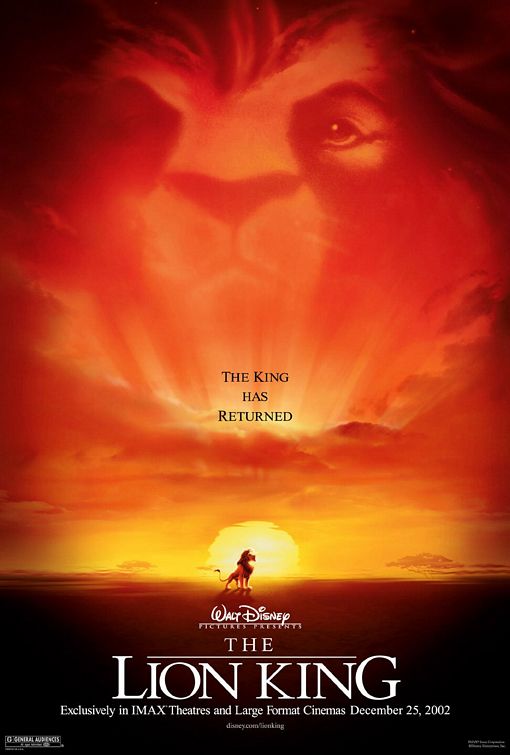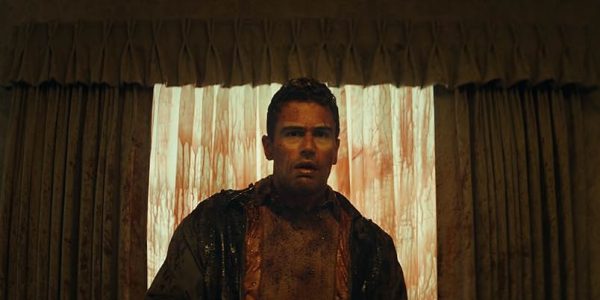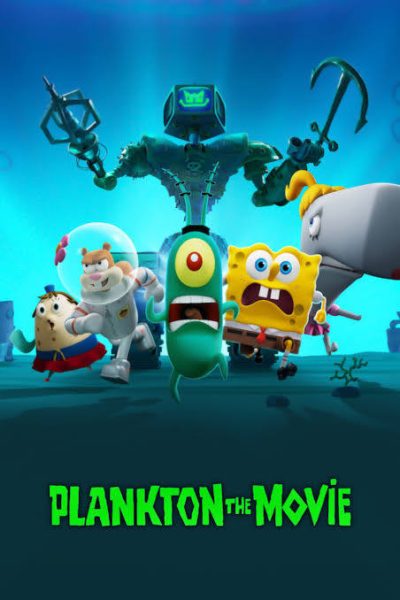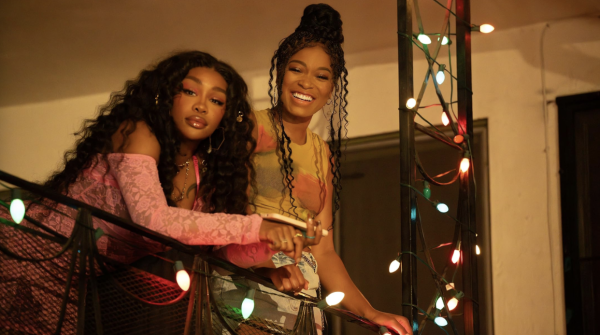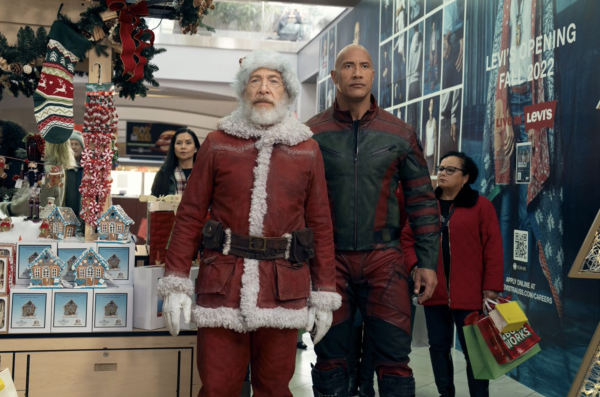The Reel: Why “The Lion King” is the greatest animated film of all time
The answers are emotion, character, principle, charm, and above all, variety
My all-time favorite movie (yes, my favorite movie ever) is the 1994 Disney animation and now-classic “The Lion King,” written by Irene Mecchi & Jonathan Roberts and directed by Roger Allers & Rob Minkoff, with an iconic score by Hans Zimmer & Elton John.
“The Lion King” features a zootopic recreation of Shakespeare’s “Hamlet,” in which the king’s brother murders his Majesty for the throne and the son of the King comes back and takes the throne back, modeling the story structure of the age old tale of King Arthur. Starting at the dramatic and powerful opening in front of a song glorifying life and the vastness of Mother Nature (which is, in my opinion, the greatest opening to a film ever), it’s clear that this movie has its priorities straight: ruling a kingdom of such delicate structure requires wisdom. However, above all, it’s a responsibility, which serves as the central theme to the story.
With the opening scene also comes the exposition, first and foremost establishing that the king Mufasa and his wife Sarabi have produced an heir to the throne in the most legendary way possible: having a wise, old baboon hold him over the ledge of a giant rock. After all, the heir will be king someday, introducing the main plot through only fabulous visuals and song. The screenplay then places forth the vibrant overconfidence and young prince Simba in the following scenes, and also establishing the jealousy of Mufasa’s dark younger brother, Scar. Funnily enough, both are done mainly through song. Scar’s solo in the cave with the hyenas is actually where I first learned the word “meticulous.”
Despite being conventional in its exposition, “The Lion King” manages to add a darker spice to it, going for a nonconventional and adolescent style, which works magnificently in adding to the conflict and driving a character arc.
Next comes Mufasa’s death, (which, I would like to add, is incredibly adventurous of Disney to do in a movie built for kids) a perfectly-fitting and dramatic spin on the banal timeline thus far. I remember crying my eyes out as a six-year-old when Simba asks “Dad, we have to go home.” I’m even getting a little chokey as I write this column. But here’s the thing about Mufasa’s death: it happens fairly late into the movie. It’s not part of the exposition, but it’s not part of the rising action either. In a normal film, this option would be risky for the screenwriter. But here, it works brilliantly for two reasons:
First, it allows time for the Mufasa character to develop and form an obvious effect on Simba, and in turn, on us, the audience. As Scar continues to plan his ascension to the throne, we don’t know entirely how the movie’s going to work, because it seems that Mufasa is tough enough (he beat up a bunch of hyenas in a prior scene and Scar mocked him for his “brute strength” in previous scenes) to handle himself, which brings me to the second reason: it fits with the plot. Allowing Scar to win the throne significantly raises the stakes of Simba’s return to Pride Rock, driving forward the plot with an urgency and underlying tick-tocking. We care about Mufasa, we care about Pride Rock, we care about the kingdom, thanks to the elongated exposition time covered in reason #1.
Finally, we have the rising action, or Simba’s hang out with Timon and Pumba, two of the most memorable characters in recent film history. The famous meerkat and warthog represent the other side of the story that is both undesirable yet tempting. The movie suggests that being happy and having a responsibility can merge, which is a good thing (although misleading in my experience). The more time Simba spends away from home, the louder the tick-tocking gets.
We know that Scar has control of the throne, we know that he is wrecking havoc, and what does Simba do? He eats bugs and has fun all day. This makes us anxious, this makes us want to say to Simba: “go home, idiot. Save your kingdom.” And of course, the fun onscreen distracts from the real plot of the movie, which I see as a good thing, because technically Simba is also being distracted from the drama going on at home. Therefore, the first portion of the rising action is underlying, until we arrive at a nighttime scene in which Timon, Pumba and Simba stare into the sky and reminisce at the stars. Timon accidentally reminds Simba about a remark Mufasa had made to his son in an earlier scene about how the ancestors of kings watch over everything. Simba leaves the party and passes out in guilty frustration.
The audience’s thoughts are conveyed through the character of Nala, Simba’s childhood friend, who arrives at Pumbaa & Timon’s home to hunt. Go home, she says, take back the throne because it’s your responsibility. Simba becomes increasingly conflicted, which builds and builds until the wise Baboon Rafiki (mentioned earlier) leads him into a confrontation with Mufasa, who comes entirely from Simba himself. He imagines a conversation with his deceased father before arriving at a conclusion, ending the beautiful and well-written character arc in a series of Hans Zimmer’s orchestral tones. “The Lion King” suggests that outside forces can never make decisions for another to take on a responsibility; Simba is the rightful king, and therefore he can be the only one who can decide his fate.
Simba defeats Scar in a red and orange blaze of glory that is the climax, for which the audience has been waiting for over an hour. They will not disappointed. For a 1990s animated film made by a generally G-rated entertainment studio, the action scenes are amazing. The resolution comes with a wash of rain (water represents change) over the burning savannah, and Simba roaring into the night sky in triumph. I still get chills when I watch it, and I’ve watched the movie well over 50 times.
“The Lion King” is one of the greatest written, directed, scored and animated movies there has been. The implications of the beautifully-crafted character arc and underlying theme of responsibility and choice are timely and will always be. The music is fantastic, the animation quality was definitely ahead of its time, the plot is dramatic and appropriate and the emotion throughout is variable and effective in establishing both a character and story arc: proud, dramatic, sad, happy, comedic, angry, relief, then back to proud. Like I said, a masterpiece.
And now, I’m going to watch it again.
The Reel is a weekly column that publishes entertainment pieces on films, the film industry, analysis of movie structure, film creativity and film reviews.



